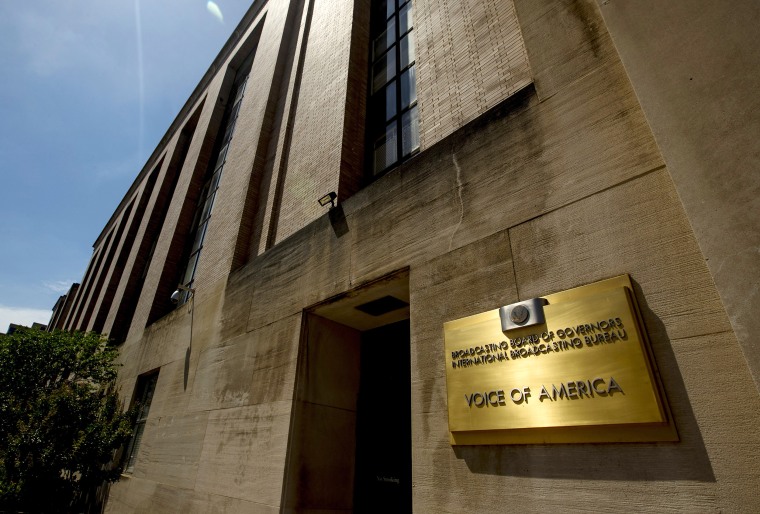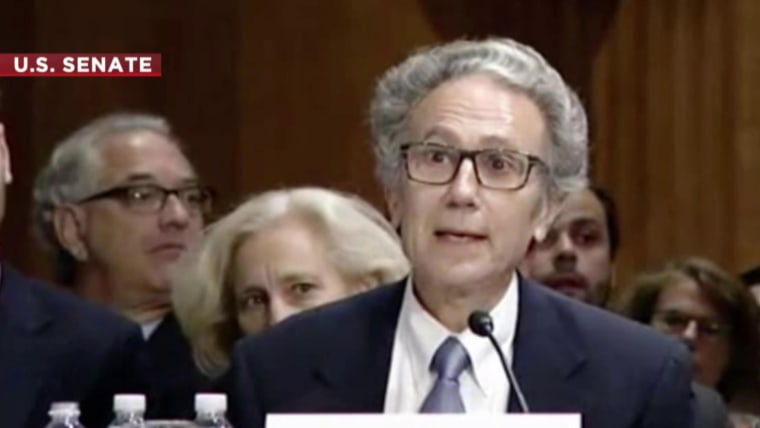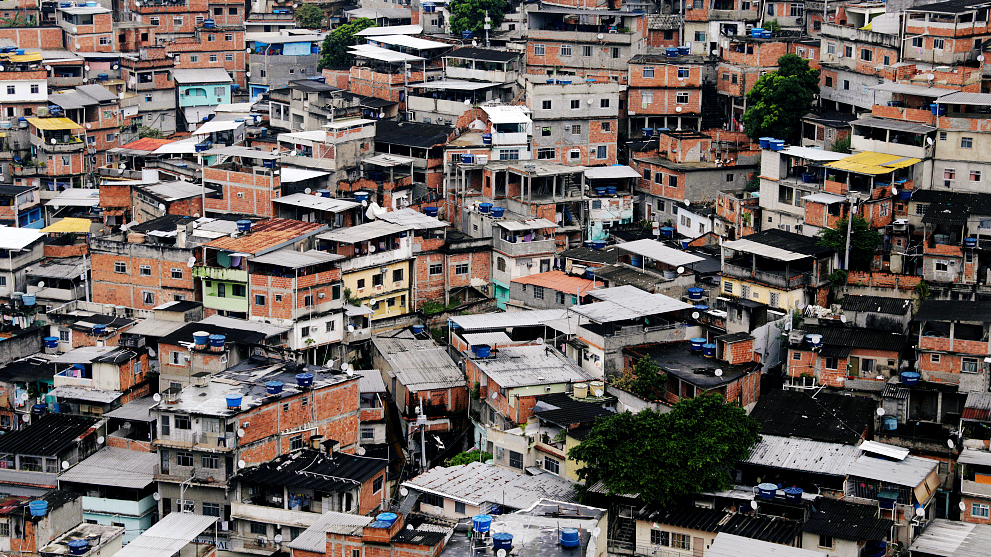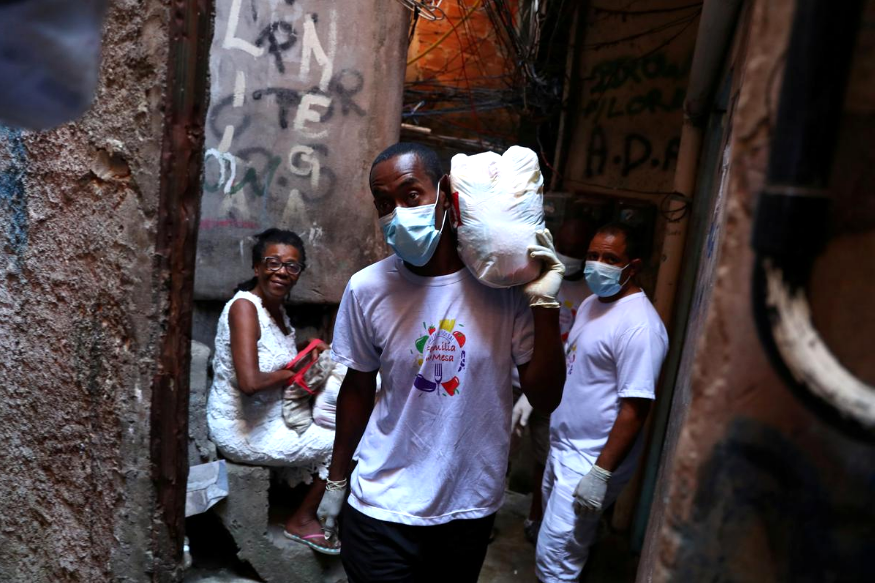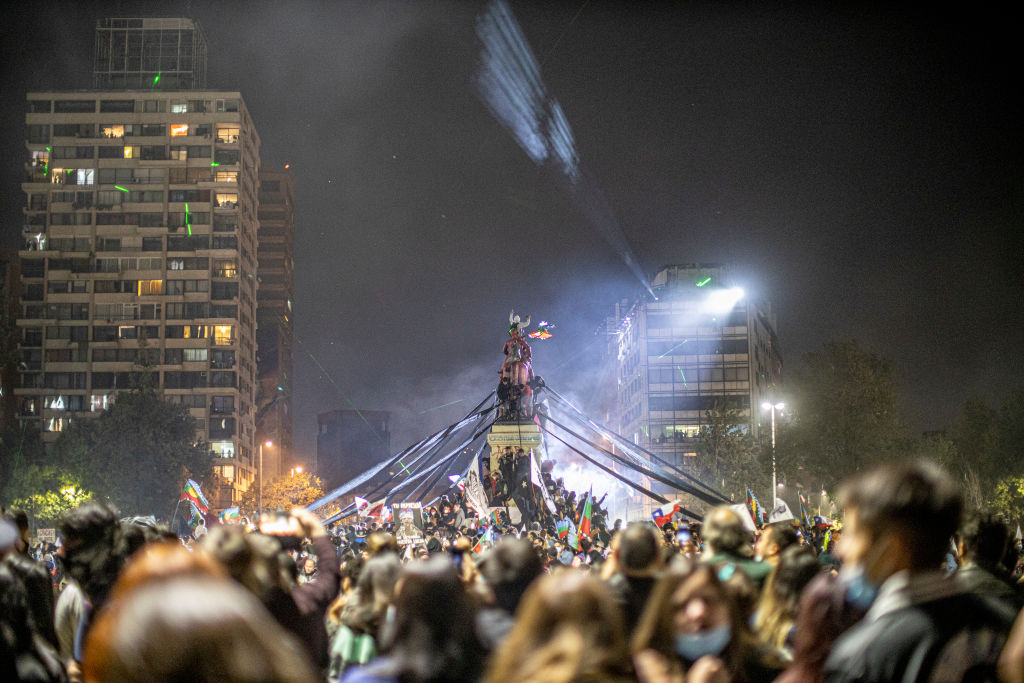In early September, China accused Indian soldiers of illegally crossing a disputed border and firing at Chinese troops on patrol in the Ladakh region. A senior colonel, Zhang Shuili, said that Indian troops had “seriously violated related agreements reached by both sides, stirred up tensions in the region... and is very vile in nature.” India denies that any such crossing took place, saying instead that Chinese troops fired into the air, “in an attempt to intimidate [our] own troops”.
Just a day before the dispute, the Indian military reported that five Indian civilians were kidnapped by Chinese troops. The People’s Liberation Army was able to find the five civilians, and the process of returning them has begun. And in June of this year, , India accused Chinese troops of instigating a clash in Ladakh. Twenty Indian soldiers were killed and over seventy were injured.
Each of these incidents are only the latest in a string of minor disputes that reflect tensions between India and China as both countries – representing two of the world’s largest armed forces – continue to vie for dominance in the region. Despite having fought only one war against each other in 1962, the last three decades have been peppered with failed attempts at conflict resolution.
This continuing mistrust between two of the world’s most populous nuclear powers is further exacerbated by the shifting nature of their relationships with the U.S.. In July, an American nuclear-powered aircraft carrier began cooperative exercises with the Indian Navy, “designed to maximize training and interoperability, including air defense.” According to a statement made by the Seventh Fleet of the U.S. Navy, the “operations are designed to provide security throughout the region while building partnerships with friends and allies.”
It’s no secret that the relationship between the United States and China has been tense for years throughout the Trump presidency, but the U.S.’s recent move to bolster India is being read by many as a strategic move to throw its weight behind China’s biggest rival in the region. Brookings Institution’s director of the India Project Tanvi Madan said, “It was symbolic… signaling to China and others that the U.S. is standing by India.” With the U.S. presidential election right around the corner, President Trump’s need to draw a picture of China as a key rival – as demonstrated by the series of economic, political and diplomatic actions the U.S. has taken against China in the last three years – has social justice advocates claiming that the United States is once again prioritizing military hegemony over criticizing India’s human rights violations.
As China continues to gain influence over countries in the Indo-Pacific through its Belt and Road Initiative, India’s desire to bolster its defenses is expected. This is a notable shift in strategy for the world’s largest democracy which has typically maintained a non-alignment stance, starting with the India-Pakistan Partition in 1947, where Pakistan very clearly aligned with the U.S. and India continued to receive aid from both the U.S. and the Soviet Union. As China began to take up more of India’s attention, and troubles with Pakistan faded into the background, Richard Fontaine, Senator John McCain’s foreign policy advisor says, “there’s no longer the sense of as much restraint on what India might do with the United States.” This sentiment is seconded by the Center for Policy Research in New Delhi, where professor Brahma Chellaney believes, “The direction of U.S.-India relations is clear now — toward closer cooperation.”
This view is further supported by what Foreign Affairs and the BBC have termed the “bromance” between President Trump and Indian Prime Minister Narendra Modi, with Trump promising to act as a “true friend” to India, and Modi tweeting about the “warm conversation” between the two during one of their latest meetings. Key foreign policy and security officials from both sides have also met frequently through the Trump presidency, marked most significantly of course by a Presidential visit to Gujarat, Modi’s home state. Michael Kugelman of The Wilson Center spoke about how in any scenario where the U.S. and India are on the same page, China is the unspoken unifier. "China really looms large in this relationship. You can talk about shared values, the Modi-Trump friendship, but it's really the converging interests that bring the two countries together," he says. "Both countries see China as a concern."
China’s response to this new dynamic is clear: continue to build alliances and demonstrate that the U.S.’s intimidation tactics will not work. Recent footage from the Chinese government shows Chinese soldiers proclaiming their willingness to die for their country. Coupled with recent military drills being carried out, Steven Lee Myers, writing for The New York Times, claims “they are intended to draw stark red lines for the United States, signaling that China would not shrink from a military clash.”
China’s antagonism over the United States’ actions is not only about the most recent dalliance with India. The U.S.’s support of Taiwan, which Beijing claims as Chinese territory, and its specific focus on bolstering Taiwan’s defenses by continuing to sell arms to its military, and rumors of a trade agreement also have officials in Beijing worried. Elbridge Colby, who wrote the Trump administration’s national defense strategy, emphasized that “Taiwan is the most important thing from a military and credibility point of view.” According to The New York Times, President Trump has been advised that in order to get re-elected, he must appear tough on China, and this means bringing a seven-decade point of conflict– Taiwan– back to the forefront. In March of this year, President Trump signed the Taipei Act, committing the U.S. to providing assistance to Taiwan to improve its international standing against China’s “bullying tactics”.
Aside from tensions over Taiwan, the U.S. has made other moves signalling a deterioration of the U.S.-China relationship: a Chinese Consulate was recently closed, and smartphone apps TikTok and WeChat were banned, not to mention the broad import tariffs imposed on Chinese goods and bans against Huawei doing business in the U.S.. Beijing is also facing pushback in Europe as several European nations have limited Huawei’s business in their countries.
With Chinese media amping up the “wolf warrior spirit” amongst its population, emphasizing the “willingness to use force if pushed”, it is anyone’s guess how these ongoing perceived attacks by the United States will provoke the world’s most populous nation


/cloudfront-ap-southeast-2.images.arcpublishing.com/nzme/62FJJP6DL2YP23XCXBXHOE6KJM.jpg)
/cloudfront-ap-southeast-2.images.arcpublishing.com/nzme/AE4MT2Y3AVDS232T2QJKQW3XME.jpg)





/cloudfront-ap-southeast-2.images.arcpublishing.com/nzme/XH4Q4NUS6A6SNV2ZES3HTOX3VE.png)
/cloudfront-ap-southeast-2.images.arcpublishing.com/nzme/NUT4OF7X6H3FD7DJPWL2Y6RTI4.jpg)
/cloudfront-ap-southeast-2.images.arcpublishing.com/nzme/YN2JEGCYXKXEL5TW4ZTL3W4YFE.jpg)
/cloudfront-ap-southeast-2.images.arcpublishing.com/nzme/XPKOCALRG55N4WAIHD4T3RKJP4.jpg)
/cloudfront-ap-southeast-2.images.arcpublishing.com/nzme/HTHTVRVESCFNZDVLYA5QOI5JMA.jpg)
